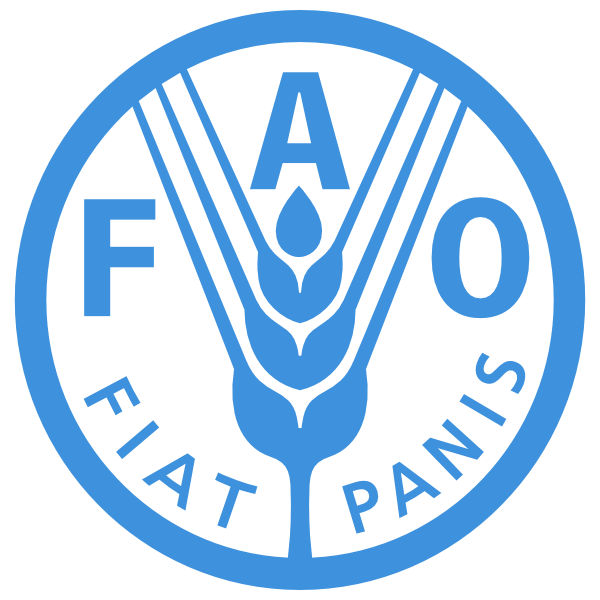Project

Dhaka's Fresh Markets
In places with weak social safety nets, the informal economy is the social safety net. It also facilitates social cohesion and rewards innovation those with limited means. This is evidenced in Dhaka’s remarkable public markets: wet markets, bazars (sic), street markets, farmers markets, and more. Working with the FAO team on the ground, I provide support to build the professional capacity of public markets to better deliver the public good. In the pandemic, we are also exploring how and who to establish new pop-up markets that deliver safety, proximity, and transparency. While brick and mortar markets provide shelter from the rainy season, during a pandemic, they undermine social distancing. Working with many local partners, Dhaka's four municipalities continue to exhibit remarkable promise. I specifically support market evaluation, communications, and the development of new models that serve both urban and rural poor. I am particularly proud of the on-the-run analysis found in The Situation Reports.
- Read the latest issue of The Situation Report.
- Peruse the full catalog of these pandemic updates on my Media page.

While the controlled chaos of Dhaka's wet markets may be a sight to behold, they are also woefully under-capitalized, run by men, and home to very poor animal welfare. Now is an ideal moment for big investments in these institutions that serve some 80% of shoppers in Dhaka. It is one of the fastest growing cities on the planet. What if we made major investments? Improve buildings, professionalize staff who otherwise struggle to keep pace, and introduce programming to incentivize good nutrition among shoppers and entrepreneurism among vendors. It would not take a lot to bolster these incredible institutions.
